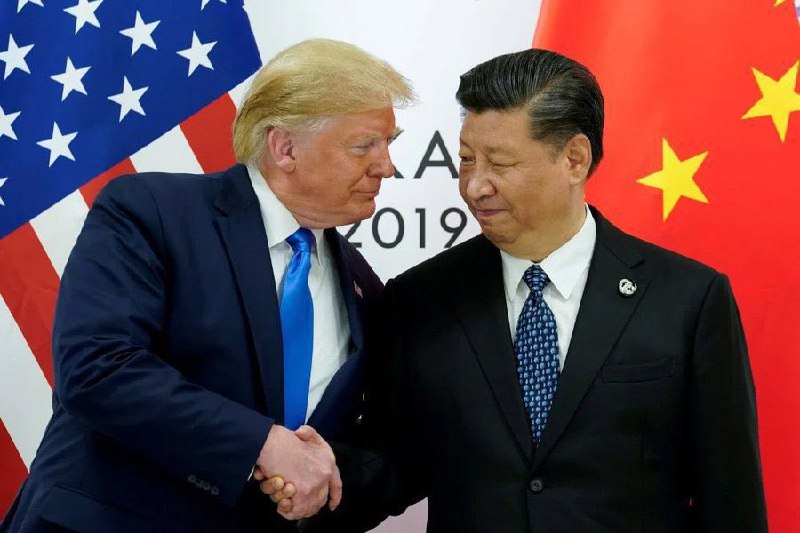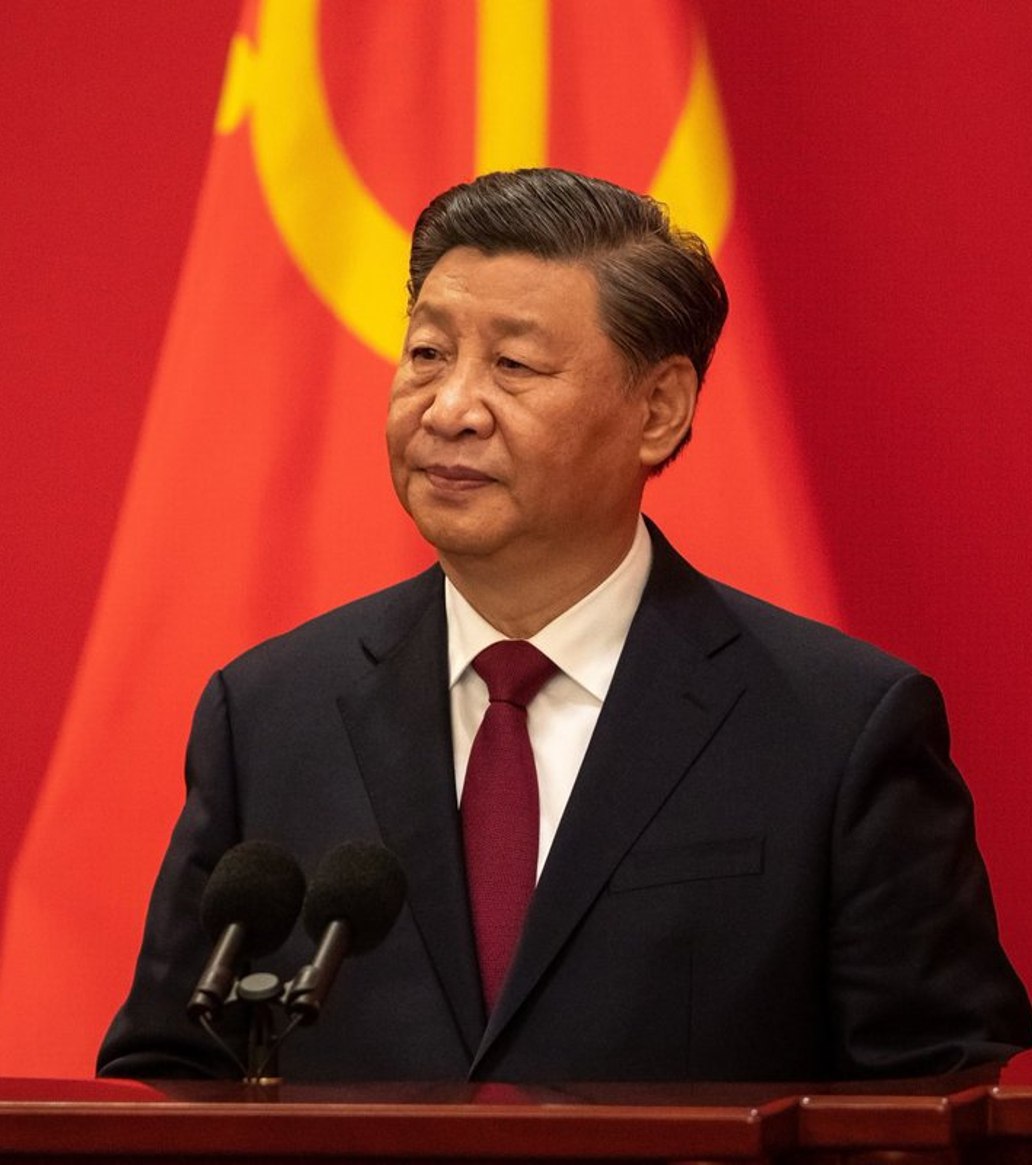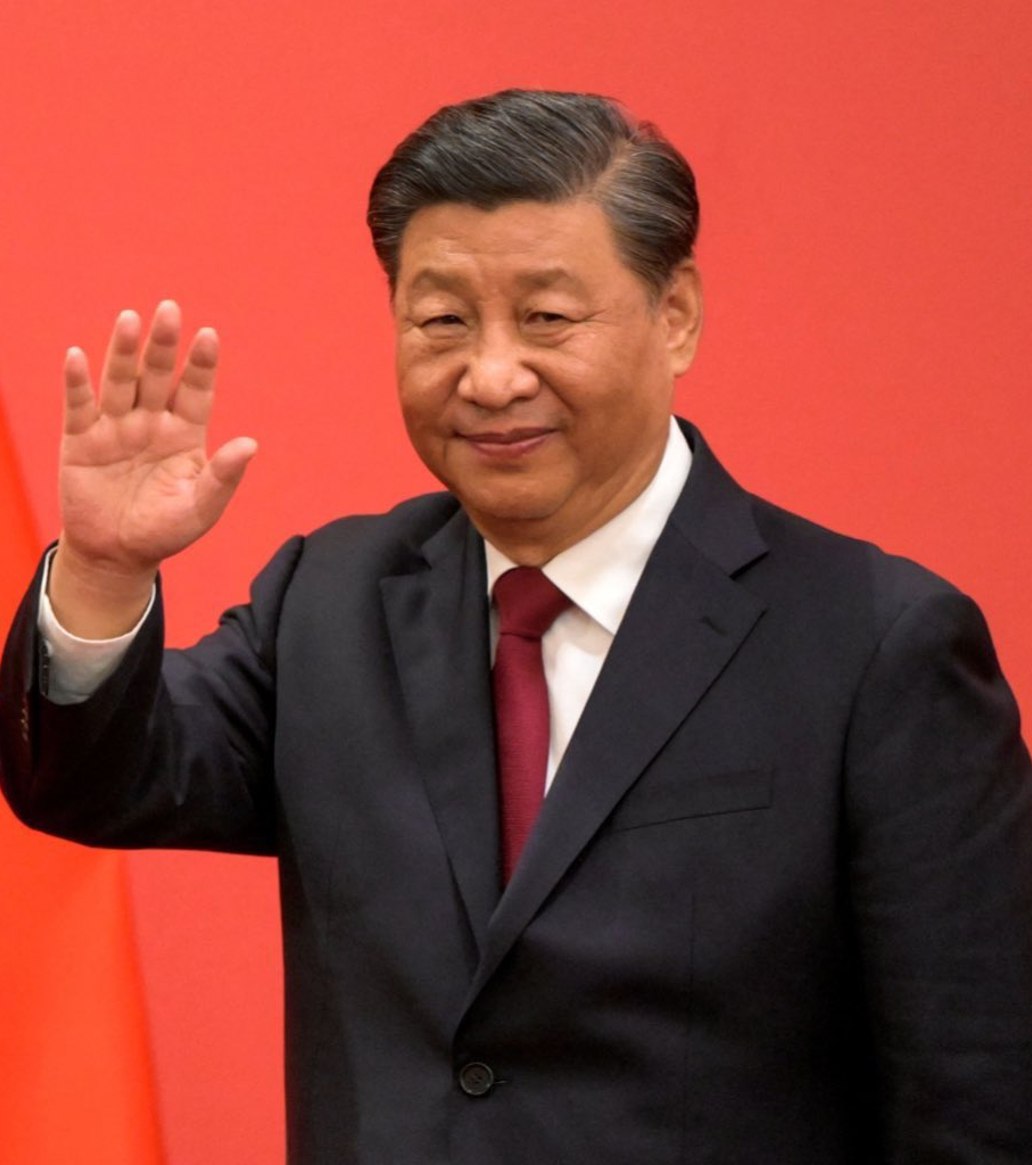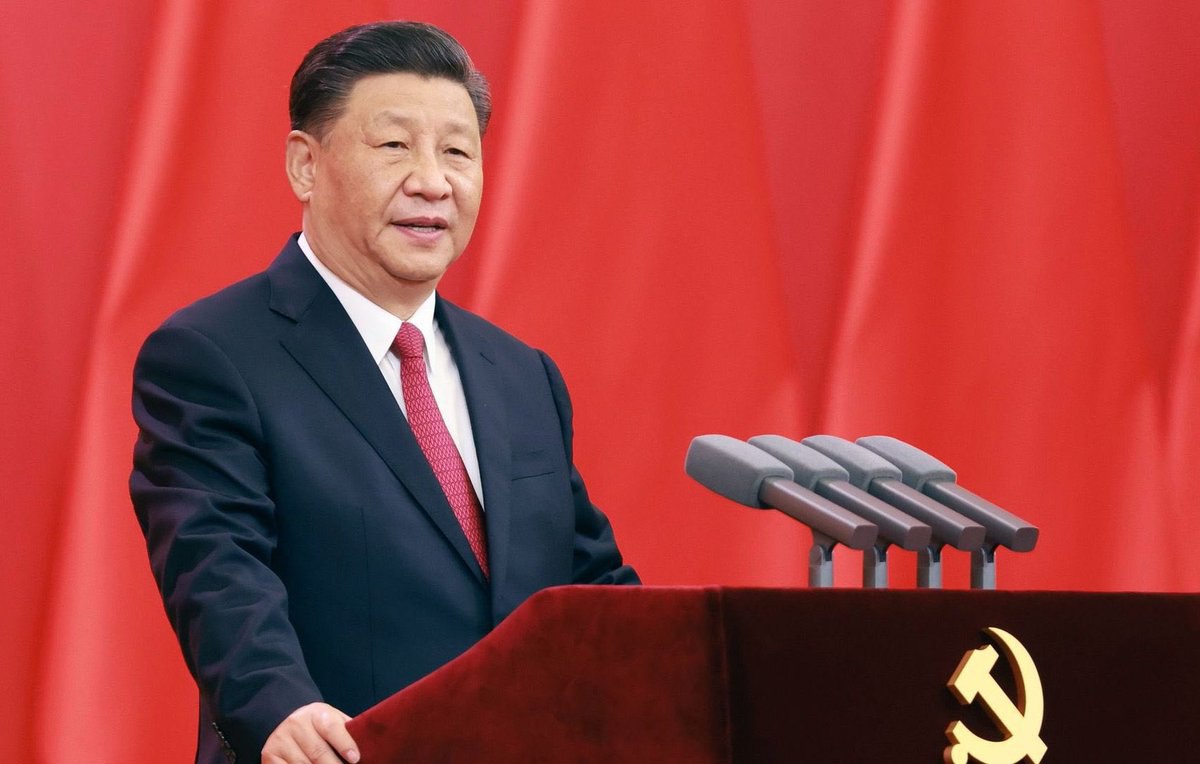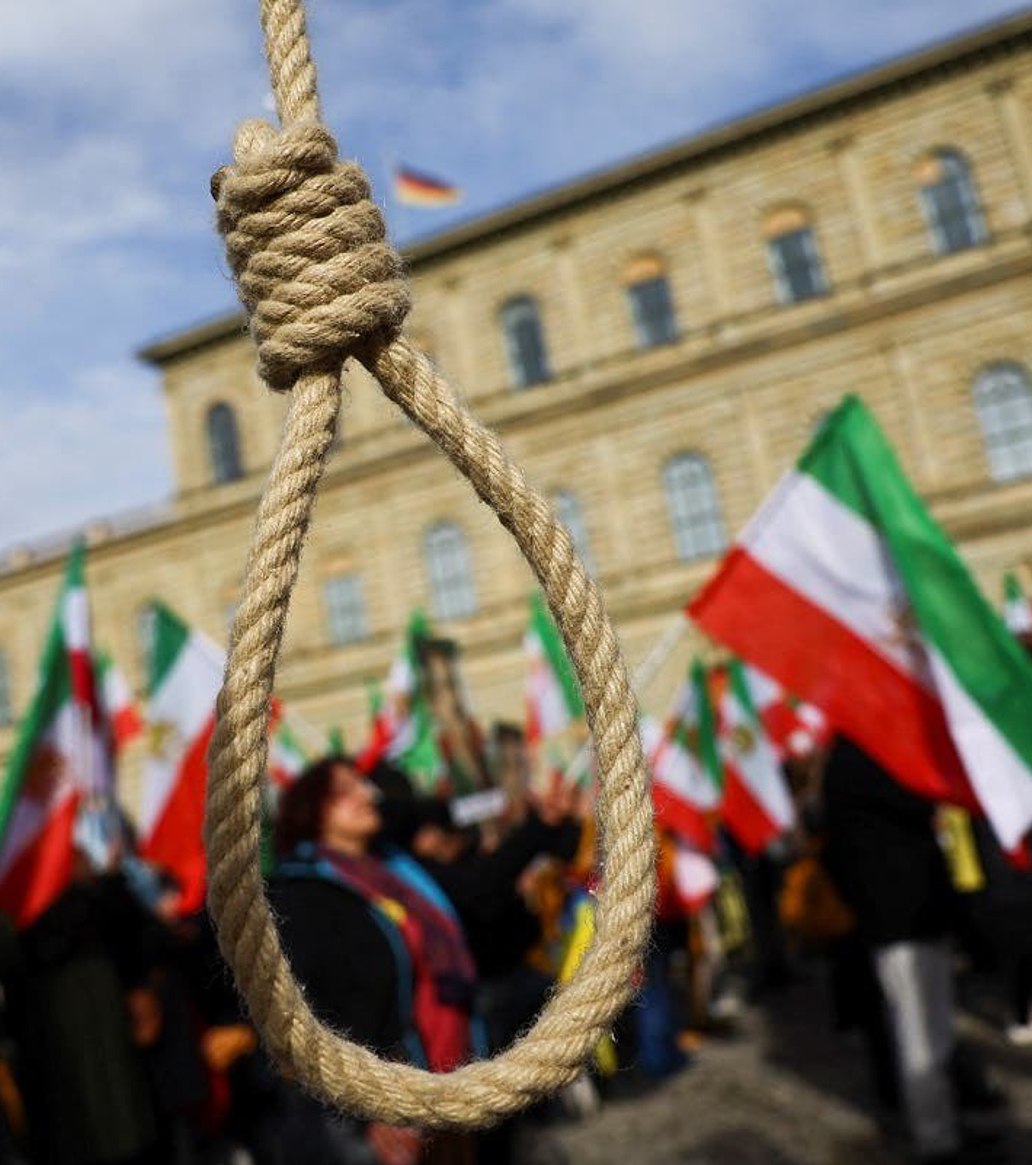Iran Executes Man Convicted of Spying for Israel: A Major Diplomatic Incident
Tehran, Iran – In a move that has drawn significant international attention, Iran has executed a man convicted of espionage for Israel. The individual, whose identity remains undisclosed, was accused of working as a spy for the Israeli intelligence agency Mossad, a claim that Tehran has long used to justify aggressive action against those it deems a threat to national security.
The execution was carried out after a lengthy trial, which Iran claims followed due legal processes. However, human rights organizations have criticized the verdict, questioning the fairness of the trial and calling the punishment an act of political repression. Iran, for its part, maintains that the individual’s actions undermined national security and were part of a larger campaign by Israel to destabilize the region.
Iran’s relations with Israel have always been contentious, with both nations viewing each other as major regional rivals. Tehran has long accused Israel of conducting espionage against Iran’s government and military infrastructure, and it has regularly arrested individuals accused of collaborating with Israeli agencies. This execution follows a broader pattern of tensions between the two nations, particularly regarding Iran's nuclear program and Israel’s growing concerns about Tehran’s military ambitions.
The execution is expected to have further ramifications for Iran’s diplomatic relations, particularly with countries that have criticized the Islamic Republic's human rights record. Israel, known for its long-standing policy of secrecy regarding its intelligence operations, has yet to officially comment on the execution. The event also comes amid broader regional tensions, with both nations continuing to engage in proxy conflicts across the Middle East.
The international community is watching closely, as this execution raises concerns about the increasing use of the death penalty in political cases. Critics argue that such executions only serve to further isolate Iran on the global stage, particularly as the United Nations and various human rights groups have repeatedly called for the abolition of the death penalty in politically motivated cases.
As Iran continues to grapple with its complex relationships on the global stage, this latest development underscores the volatile nature of Middle Eastern geopolitics and the ongoing tensions between Iran and Israel. It remains to be seen how this incident will influence future diplomatic efforts, particularly in light of the ongoing nuclear negotiations and regional power dynamics.


